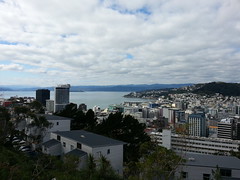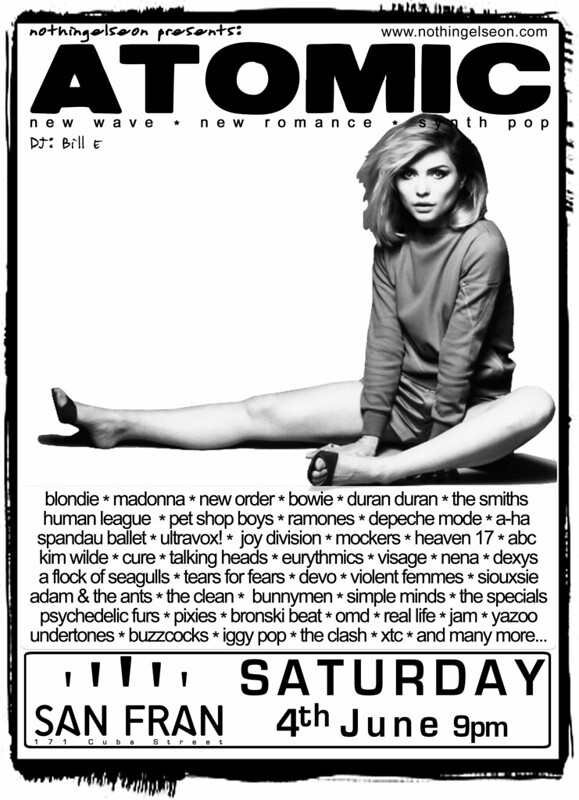Thank you for the opportunity to provide feedback on your discussion paper relating to the future of ALIA journal publishing.
I support some of the directions set out in the paper, including merging the two journals and continuing the Australian Library Journal’s practice of publishing some practitioner-oriented work without a full peer review process.
My comments here largely relate to ALIA’s approach to open access and the proposal to continue publishing the journal in a print format.
Approach to open access
I am an ALIA member whose primary role is as a practitioner. I engage with professional journals as both a reader and an author.
As an organisation that in 2015 ran
a high profile campaign for “a fair, open, democratic society where information belongs to everyone,” ALIA should demonstrate a commitment to open access to scholarly literature. ALIA can do this by adopting a journal publishing model that:
- is free for authors to submit their work
- is free for readers to access journal articles, including the version of record
- promotes the use of Creative Commons licences, to ensure that re-use is maximised.
I strive to take an evidence-based approach to my work. I use the professional literature to identify new services and improvements to old services that could be implemented at my place of work. I refer regularly to research and practitioner case studies when producing documents such as business cases, project proposals and service reviews. I am lucky to work in an academic institution that provides access to paywalled journals (including ALJ and AARL) but this is not the case for many practitioners with an interest in the kinds of topics covered in the journals. While versions of some content may be available via an institutional repository or academic sharing network, this is by no means guaranteed.
The open access policies of publishers are an important factor to me in deciding where to publish work. I have been invited to contribute to ALJ in the past and have declined. I am unlikely to publish in an ALIA journal when open access outlets are available that offer quicker turnaround times and greater reach, and that sit more comfortably with my professional values and interests.
ALIA’s current approach to journal publishing tacitly supports a broken business model that is already unsustainable for many of ALIA’s institutional member libraries. Taylor & Francis take a more positive approach to open access than many publishers, however ALIA should still explore alternatives that better reflect the values that underpin our profession.
This might also uncover some interesting opportunities in areas such as collaboration and professional development. Some of ALIA’s academic library members offer journal publishing services to the high standards required for journals to be included in national research quality assessments. Has ALIA explored this kind of partnership? The offerings of international open access publishers including the not-for-profit
Open Library of Humanities and commercial
Ubiquity Press could also be explored.
Open access publishing might also attract a different set of volunteers than currently contribute to ALIA activities. The current model restricts participation to a few roles that require a high level of expertise (editor, editorial board member, peer reviewer). There are many new and established library and information professionals interested in improving their employability and gaining relevant transferable skills in writing, editing, and publishing. A more open publishing model could benefit members by providing internship opportunities and an additional way to earn points in the PD scheme alongside other association contributions like committee work.
Publishing in print format
The consultation paper indicates an intention to publish a print and online journal, supplemented with further online content. I do not agree with this approach and think ALIA should be transitioning away from print as soon as possible.
The results of ALIA’s member surveys seem to have disappeared in the latest website refresh so it is difficult as a member to assess the value placed on these journals by the membership as a whole. It is also not clear whether any consultation about format preferences has taken place, and if so, if the costs and benefits of different formats have been communicated to members as part of that consultation.
There are cases of smaller organisations losing membership and advertising dollars as a result of poorly-communicated transitions to e-only, and I understand that there may be concerns about this. However, these risks need to be considered in the context of the costs of a hybrid model. These are include:
- the direct additional costs relating to printing and distribution, which will only increase per unit as more institutional subscribers move to e-preferred or e-only policies for journal acquisition, and
- opportunity costs - maintaining a print journal will consume resources that could otherwise be used to extend or enhance a single online journal.
Electronic journals also offer a richer environment for the presentation of work. This is especially the case for those that take advantage of web standards rather than attempting to replicate the print environment with PDFs as their primary format. Better mechanisms for citation, live links to cited works and other resources, and the inclusion of supplementary content not suitable for print (e.g. multimedia and datasets) are just some of the benefits.
These journals also open up a space for conversations between authors and readers that go well beyond the ability to send a letter to the editor. Enabling readers to easily share content via social media is also important in a world where the majority of professional networking takes place online and where engagement with a broader audience outside of academia is vital to our profession.
Thank you again for the chance to provide feedback. I look forward to hearing more about the results of the consultation.







